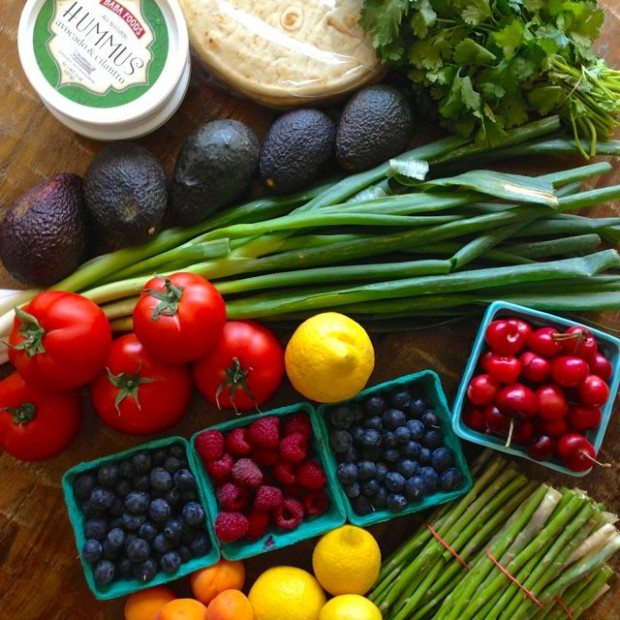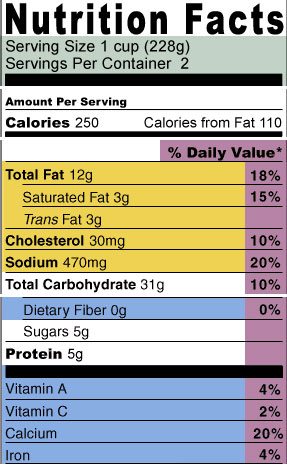Our culture is one of consumption, and its easy to forget that when we dispose of food, packaging, paper goods and other household waste, these things don’t actually go away when the garbage truck comes. Our garbage – and even most of what we “recycle” – continues to exist for hundreds or even thousands of years. Doing a little at home to help reduce our garbage output, as well as our use of chemicals, can go a long way.
In honor of Earth Day, here are some easy things you can do at home that help preserve the earth.
1. Reduce before you recycle. The “recovery rate” for paper, bottles, cans and other goods you toss into the recycle bin varies by city, but in many cases its very low – between 5-30%. Which means that only a small portion of what you recycle gets recycled. So, its much better to reduce the amount of waste you produce in the first place.
2. Wash containers out before you recycle them. Food or liquid in jars, bottles and cans contaminates the paper in your recycling bin and makes it much less likely that your items will actually get recycled. Make sure you at least lightly clean and dry containers you recycle.
3. Buy less. Make a meal plan and buy only what you need. If you aren’t the type to plan meals, then buy less food than you think you need. Odds are it will still be enough. Americans throw away about 40% of the food we buy, so by buying less you will create much less trash and also save money.
4. Eat at home most of the time. Restaurant and take-out meals come with a lot of packaging, which you can avoid by eating at home. If you do eat at a restaurant, take home your leftovers (even if this means using a take-out box) so you can eat them for another meal, which reduces waste and saves time and money.
5. Bring a reusable cup to your local coffee shop. 250 cups = the number you add to a landfill if you stop for coffee one time on each weekday during the year and don’t have your own cup. Buy a couple reusable mugs you like (or get the new one from Starbucks for only $1) and use them instead of disposable coffee cups.
6. Don’t forget your reusable grocery – and bulk/produce – bags. Most of us bring reusable grocery bags to the store, but not reusable bulk or produce bags. Get some small, fine mesh bags to use for produce as well as bulk items like those listed in #7.
7. Buy grains, beans, nuts, seeds, cereals, sweets, and spices from bulk bins. According to the EPA, over 40% of household waste is from plastic, paperboard, and paper – the items that make up food packaging. So skip the packaged foods and instead buy what you need from bulk bins. Tote them home in your reusable mesh bags (see #6) and store them in jars.
8. Eat mostly plant-based meals. Meat production takes a huge toll on our environment for many reasons. Basing your diet around plant foods is not only healthier but better for the earth. When you do eat meat, look for organic or sustainably-raised meats, which have a smaller negative impact.
9. Shop at your local farmer’s market (with your reusable bags). This is a great way to find fresh local produce and reduce food packaging. Farmer’s markets are also a social scene, so you’ll begin to see people you know and soon feel more strongly tied to your community.
10. Use non-toxic cleaners. In most cases, all you need is a little dish soap, hot water and a clean rag to get your kitchen sparkling clean. Strong cleaners may claim to kill germs, but they also spread toxic chemicals around your kitchen which then get into your food and body. When you need a cleaner beyond soapy water, buy a non-toxic version like Seventh Generation, Bon Ami, Method, J.R. Watkins, Common Good, or one of the many private label eco-friendly products.
11. Get a Soda Stream. If you drink sparkling water, soda or flavored beverages, make them yourself. The Soda Stream – or any household carbonated beverage maker – can help you reduce your garbage footprint by hundreds of bottles per year.
12. Scrape instead of rinse. Most dishwashers actually work better when plates have been scraped rather than rinsed or pre-washed. Wipe excess food splatters into the trash with a paper towel or washcloth, then place dirty dishes right in the dishwasher. This greatly reduces the amount of water wasted while doing the dishes.
Happy Earth Day!






2 Comments
Molly Donohue Ritterbeck
May 19, 2013 at 9:22 amThis info is fantastic – so glad I found you on HLB Twitter!
Amelia
May 21, 2013 at 2:10 pmThanks, Molly! Glad you’re finding the site helpful!